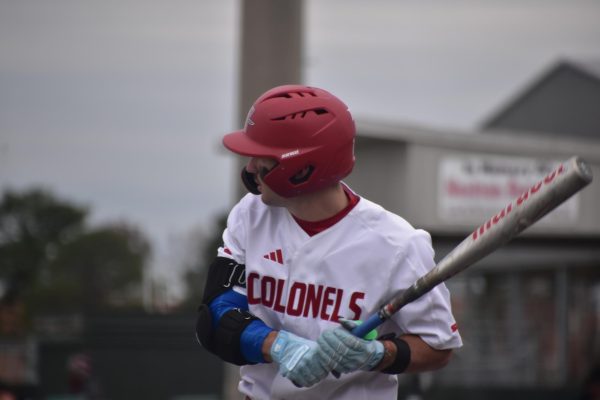We all experience cancer in one way or another
What do athletes at Nicholls State University and across the Southland Conference have in common with Earl Young, 1960 Olympic gold medalist?
Although as athletes in the SLC who all work towards the same goals in our sports, the inevitable truth that connects us to this Abilene Christian University track star is that at some point in our lives, we will experience the devastating effects of cancer in some form, or we will choose to be part of the resolution to the problem.
While attending ACU in the 60’s, Young set many records under head coach Oliver Jackson, including breaking the record for the 800-meter relay team and the indoor 500-meter dash before earning Olympic gold in Rome at the age of 19, as the youngest member of the U.S. track and field team.
Flash forward about fifty years later; Young was diagnosed with Leukemia at the age of seventy and given three months to live. He is still here today because he matched up with a complete stranger, a one in 22 million chance, to receive a life-saving bone marrow transplant.
Young has traveled to almost all of the schools in the SLC as well as universities outside of the Southland to share his incredible story and connect with athletic communities in order to create awareness for the importance of donating bone marrow. Eleven out of the 13 schools in the SLC, including Nicholls, have hosted bone marrow drives through the “Delete Blood Cancer” foundation.
“The Southland Conference has been big on this, and the students have really turned out,” Young said, while visiting Nicholls last week. “This is to set us up for years to come, so it gets to be a real relationship between Earl
Young’s team, Delete Blood Cancer, and the participating university or college.
Young connects with the athletic programs of various schools, any person can easily register to be a bone marrow donor and can come to terms with the fact that it only takes one willing person to save another person’s life.
For every ten people diagnosed with blood cancer, only four people can find a match for a bone marrow transplant. If more people participated in donating, more of the 14,000 Americans who need transplants each year can be matched with a donor, treated, and eventually beat blood cancer. While thirty percent of patients can find a donor within their family, seventy percent must rely on complete strangers to donate- and that stranger could be you.
Young knows that his physical and mental toughness and background as an athlete helped him through the process of beating cancer, but he also knows he would not be traveling around the SLC making connections with athletes and universities if it weren’t for his donor and for that one bone marrow match that saved his life.
When I asked Young what his message was, as a cancer survivor, to people who can help treat cancer, his reply was, “Please come and help us. This is the only way that many blood cancers can be cured.” Blood cancer is the third leading cause of cancer deaths and kills more children than any other disease in the U.S.
Athlete or not, we all have the power to help treat blood cancers. We hear about the devastating effects of cancer all the time, but if you’re willing to donate to a patient in need, you have the opportunity to tell a truly amazing and inspiring story about cancer, just like the one Earl Young shared with the Nicholls community.
We might never achieve Olympic gold like Young did, but united together as a community and in the SLC, we can make huge strides in simply creating awareness that everyone can help delete blood cancer.



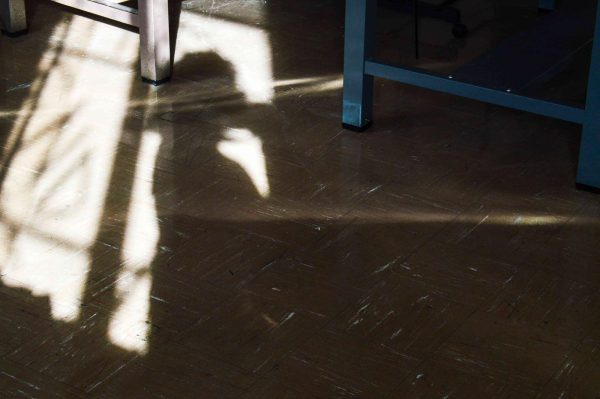
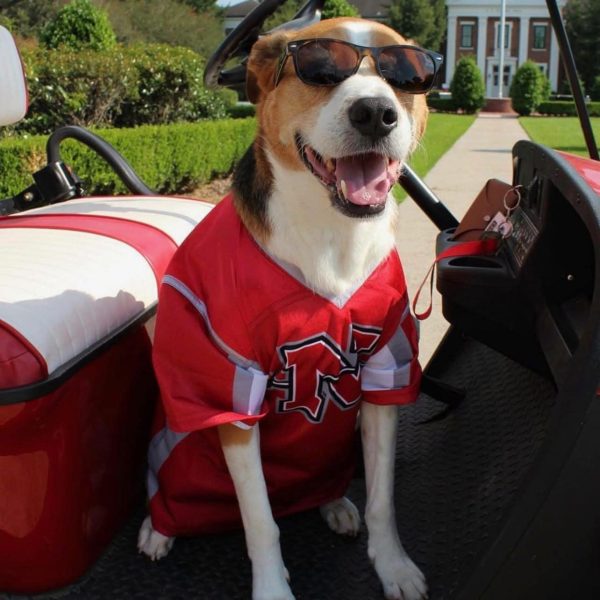

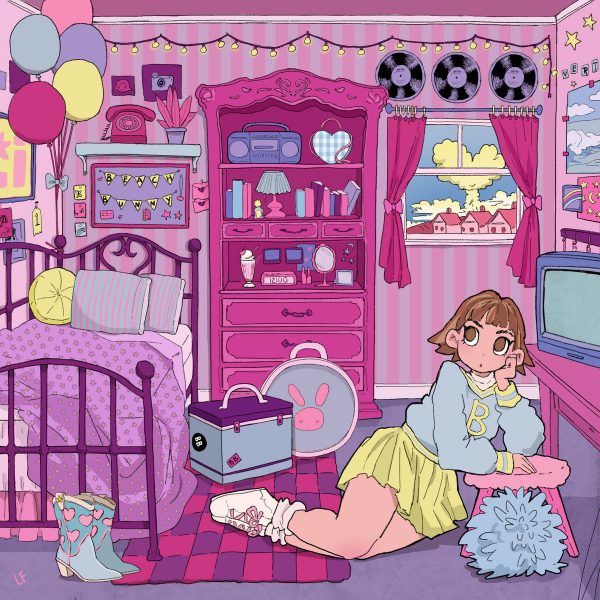
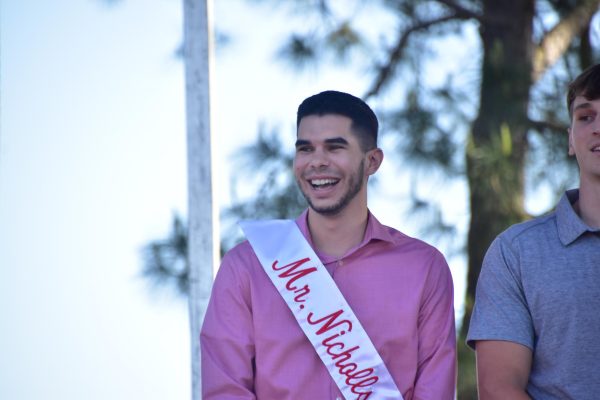
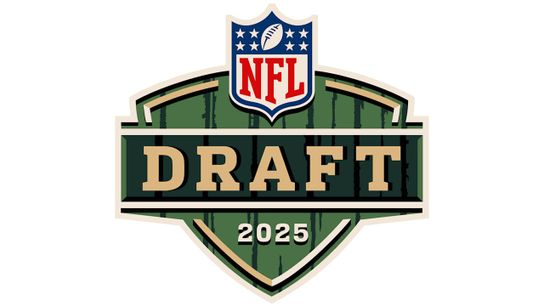
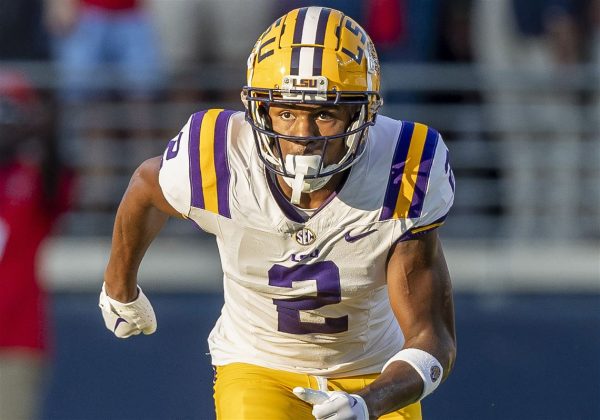
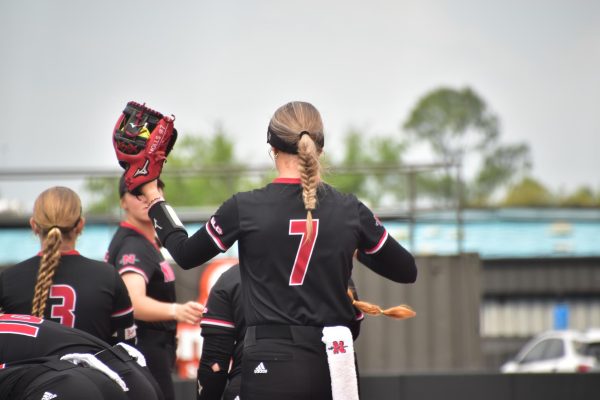
![Assistant coach Cody Livingston [#53] talking with pitcher Nico Saltaformaggio [#38] on the mound(5/12).](https://thenichollsworth.com/wp-content/uploads/2024/05/LivingstonNicoHuddle-vs-Lamar-600x400.jpg)
